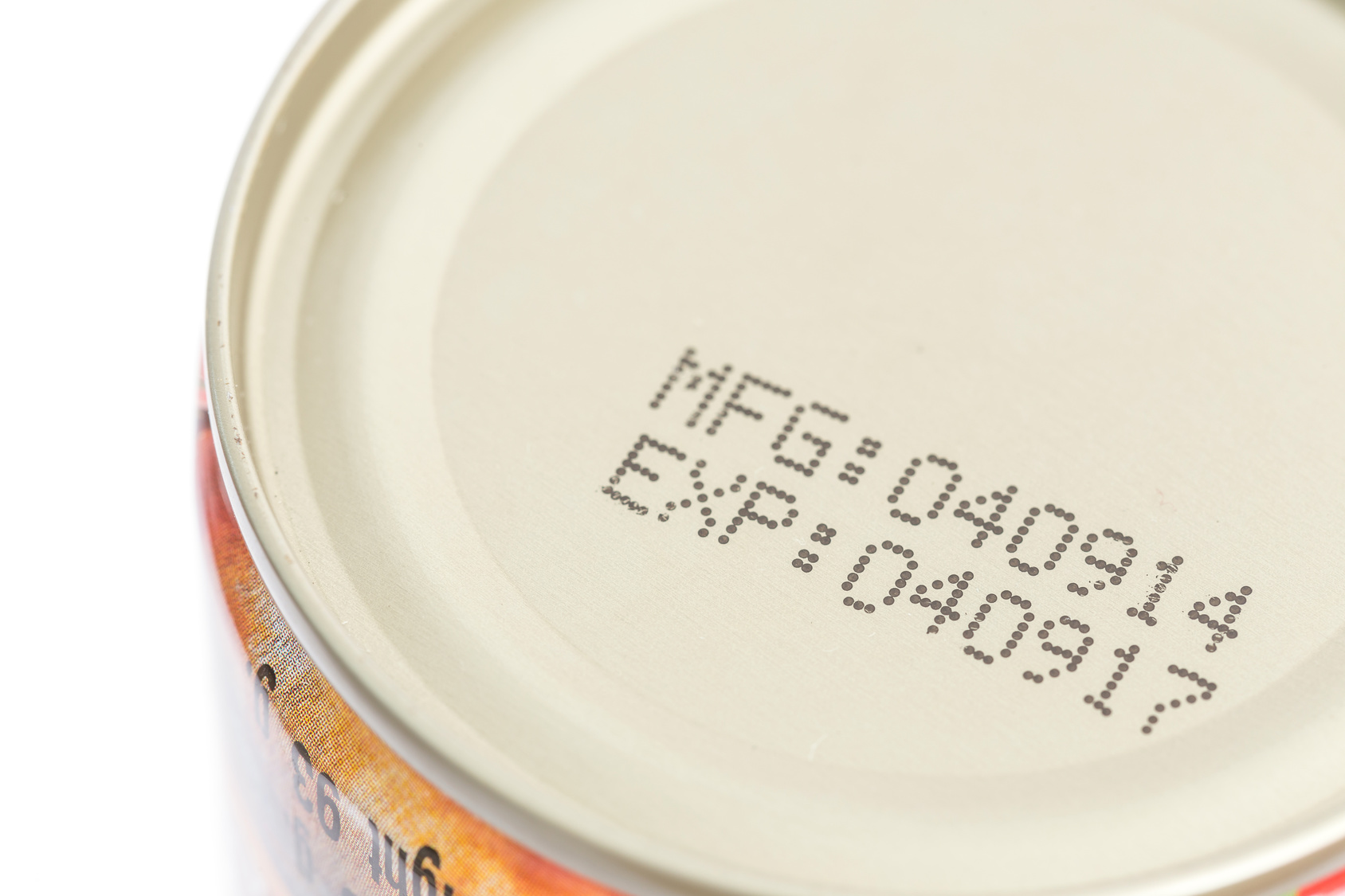Why Food Expiration Dates are Basically Meaningless
Were you about to squeeze the last bit of ketchup out of the bottle and onto your fries, only to realize that it expired all of two weeks ago? Based on how we have been taught to treat food expiration dates, you probably tossed it out.
However, have you ever wondered what’s the real reason for food expiration dates, and if you have to adhere to them rigidly? If so, this article is right up your alley. Let’s get the inside scoop on expiration dates, and if they really mean as much as we think.
Where food expiration dates originated
The phrases sell by, best if used by, and expires on all make expiration dates seem like a solid affair, that carries some special penalty if you don’t adhere to them. There’s something scary about using a product past the date that the manufacturers recommend. All is not what it seems, though.
In fact, all three of those terms mean different things:
- Sell by indicates to supermarkets when they need to rotate their stock, and has nothing to do with freshness or food safety.
- Best if used by refers to the taste of the food, and not the food safety.
- Expires on refers to the last date that you should consume the food but this date is not tested or regulated.
Food expiration dates were originated initially to help regulate the freshness of the food being sold in supermarkets and stores. However, since these is no solid way to know when a food expires, the expiration dates often printed on items are actually just an indicator of freshness.
There’s no way to know when a food will expire
Outside of foods like dairy, eggs, and yogurt which show visible signs of expiration and staleness, it is next to impossible to know when a processed food will expire. With condiments like mustard, sriracha, and ketchup, it is hard to estimate when the pose a health hazard.
The fact of the matter is, that food expiration dates aren’t actually about when the food will expire – they are actually about freshness. Additionally, there is no regulation on how food manufacturers should even calculate the dates they print on the packaging.
What that leaves consumers with is a meaningless date stamped on their products that doesn’t explain anything, other than when the company thinks their products will stay fresh. They don’t have to do any testing to come by it.
Don’t throw away food that is past the date
Next time you’re about to toss a bottle of sriracha, or discard a packet of chips you haven’t opened yet, ask yourself: has the food really lost it’s taste or freshness, or is it just the date that has past?
Every year, Americans waste more than 40% of their food, and a large chunk of this wastage is due to trashing items that are past the food expiration date, but are still safe to eat.
Subscribe to Tech & Geek for more informative articles and videos on tech and geeky stuff, like our LG G4 review!


